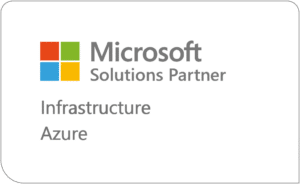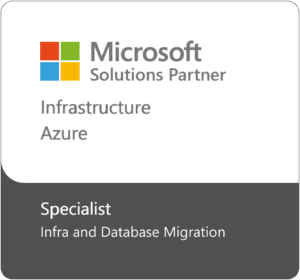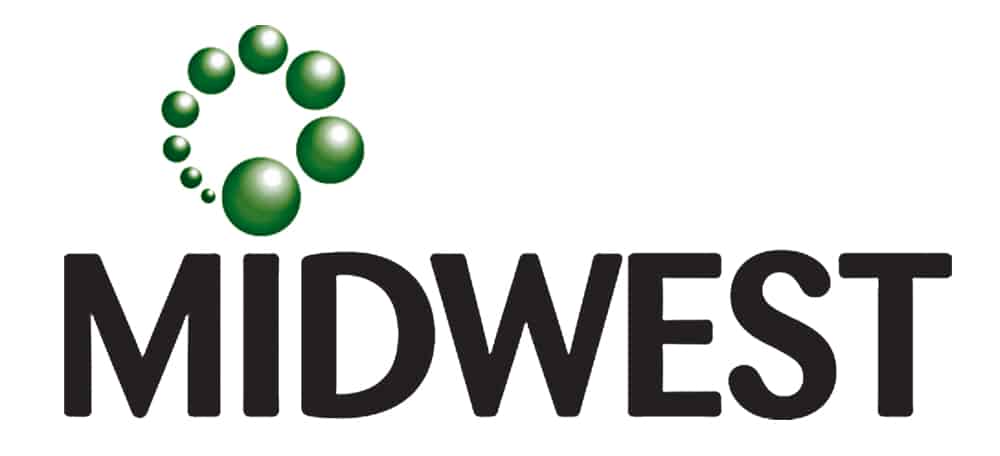The Cloud Platform That Powers Business Innovation
Meet the Microsoft Azure Cloud Platform
Azure is Microsoft’s public cloud platform that allows users to access and manage hundreds of cloud services and resources. Those services and resources include cloud storage, AI and machine learning, identity management and governance, app services, containers, Internet of Things (IoT), developer tools, and many more.
For many users, Azure represents the ideal platform for hosting their vital business applications and securely storing their business data. For others, Azure is an innovation platform structured to allow companies to build, run, and manage applications across multiple clouds, on-premises, using the tools and frameworks of your choosing.
Velosio provides comprehensive services for Azure to support migration, modernization, and digital transformation. Whether you use Azure for secure, accessible data storage or as your end-to-end development and hosting platform, Velosio can help speed, facilitate, and optimize your development and deployment projects.


How Velosio Can Help You Leverage Azure
Azure Storage
Azure Cloud Security
Azure App Services
Azure Virtual Desktop Infrastructure
Azure Cloud AI and Machine Learning
Azure Cloud IoT
Azure Containers
Azure Mixed Reality
Azure Mobility
Azure Hybrid and Multi-Cloud Solutions
Azure Active Directory Services
Tap Into the Unlimited Potential of Microsoft Azure
Azure is the fastest-growing cloud platform on the market, with unmatched speed, security, and scalability to complement powerful data analytics, AI, machine learning, and app development. Integrated cloud services and solutions in the Azure Cloud stack connect easily with your existing apps and enhance the value of your cloud-based business systems, like Dynamics 365.
With any new technology shift, the right migration path is critical. Velosio provides strategic consulting and development services to help organizations leverage the best tools available to modernize and monetize their applications. Companies deploying cloud technologies with Velosio’s guidance benefit from improved reliability, security, scalability, and innovation from new business services.
Limited-Time Offer: Save 10% or More on Your Azure Cloud Costs with Velosio’s Azure Cost Confidence
Are you surprised by your monthly Azure bill? You’re not alone. Many companies waste money on underutilized resources or inefficient configurations. Velosio can help you uncover hidden savings and optimize your Azure spending with Velosio’s Azure Cost Confidence.
First 25 Qualified Candidates Only!
Claim Your Savings




































